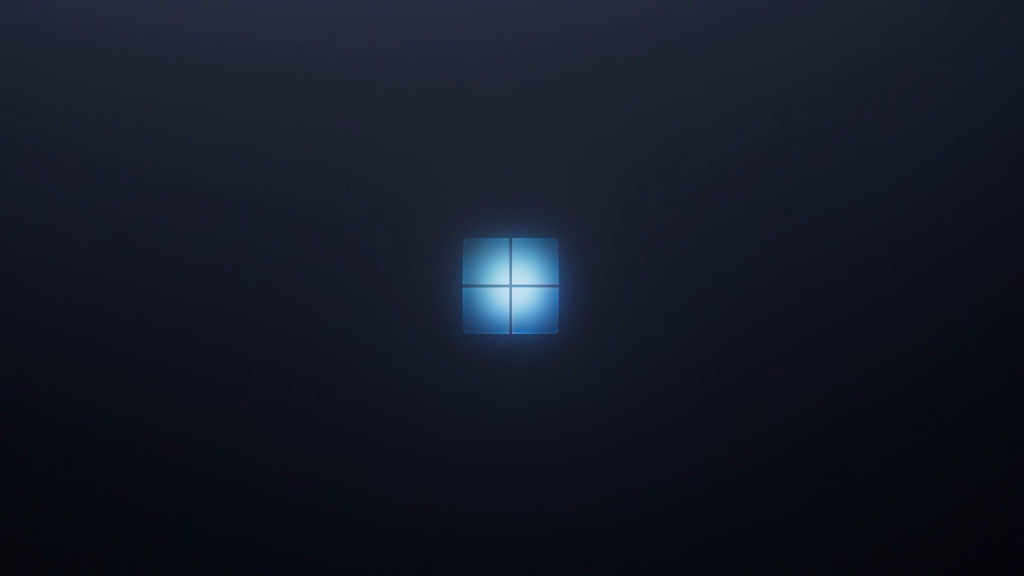The Tech World Is Abuzz With Rumors That Microsoft Might Unveil Windows 12 This Year And Launch It In 2024.
While Microsoft and Intel have not made any official comments about the new version of Windows, it is said that they had hints about its development.
Hardware leaker @leaf_hobby, known for leaking the full specs of Intel’s Xeon chips before launch, has released details about Intel’s Meteor Lake desktop platform. Intel is reportedly hinting internally that its next-gen processors will support Windows 12.
While the tweet has since been deleted, VideoCardz notes that Meteor Lake is expected to include 20 PCIe Gen5 lanes and support for Windows 12. Intel has not yet commented on this disclosure.
Microsoft has also declined to comment on reports that Intel is ready to support Windows 12.
While Microsoft has not announced any plans for Windows 12, there are indications that the company is looking into future versions of Windows to integrate AI-based features. As we develop future versions of Windows, we’re thinking about other places where AI should play a natural role in the experience, Microsoft chief marketing officer Yusuf Mehdi said in an interview with The Verge earlier this week.
AMD recently launched its Ryzen 7000 mobile processors, boasting that they are the first x86 chips to feature a dedicated AI engine that can support Microsoft’s Windows Studio Effects. These features, including background noise cancellation and eye contact, are typically only available on ARM-equipped hardware that can provide AI features with a dedicated Neural Processing Unit (NPU). So it’s clear that AMD and Microsoft are laying the groundwork for more AI-based features in traditional Windows laptops.
However, the news does not come as a complete surprise to industry insiders.
We heard from a reliable source over the summer that Microsoft has already changed its roadmap for Windows. And it was planning a major Windows upgrade next year. At the time, there was speculation that the new version of the company’s operating system could be Windows 12, focusing on artificial intelligence (AI).
Of course, Microsoft cannot make such a move alone. This technology giant needs the support of its key partners, such as Intel and AMD, to realize its ideas about Windows 12. Therefore, it is not surprising that Intel will get the first information about the new version of Windows.
While it sounds exciting to think about the potential new features and capabilities of Windows 12, many unanswered questions remain. For example, what improvements will be made to the Windows 12 user interface? How will artificial intelligence be integrated into the operating system? And most importantly, how will users deal with this new operating system?
If Windows 12 is indeed on Microsoft’s horizon, we can expect Microsoft to make a lot of noise with its Windows 12 unveiling. However, we may have to wait until the second half of 2023 before we hear anything official from Microsoft about Windows 12.
Overall, it will be interesting to see how Microsoft and its partners shape the future of Windows with this new version.
There is no doubt that with rapid advances in technology, Windows 12 has the potential to revolutionize the way we use PCs and interact with the digital world.

